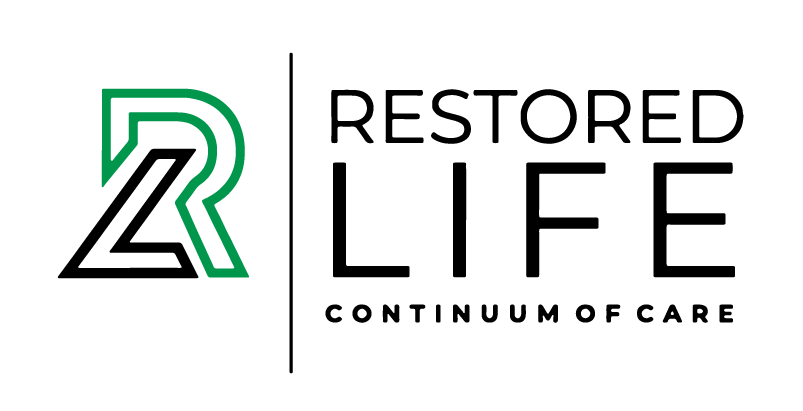Navigating Life After Residential Treatment: Building a Restored Life
After completing a residential treatment program

Completing a residential treatment program is a significant achievement in your journey towards recovery. It's a time to celebrate the progress you've made and a moment to reflect on the path ahead. The transition from a structured, supportive environment to daily life can bring both excitement and challenges. In this blog post, we'll explore essential strategies and insights to help you navigate life after residential treatment and build a restored life.
- Embrace a Continuum of Care:
- Residential treatment is just one step in your recovery journey. Embrace the continuum of care, which may include outpatient programs, therapy, support groups, and alumni networks. These resources provide ongoing support and help you stay connected to your recovery community.
- Create a Structured Routine:
- Structure is key to maintaining stability post-residential treatment. Establish a daily routine that includes time for self-care, work or study, exercise, and relaxation. Consistency can help you avoid triggers and maintain a sense of purpose.
- Stay Accountable:
- Accountability is crucial in recovery. Continue attending therapy sessions, support group meetings, or counseling as recommended by your treatment team. Sharing your challenges and successes with others who understand can be invaluable.
- Practice Mindfulness:
- Mindfulness techniques, such as meditation and deep breathing, can help manage stress and prevent relapse. Incorporate these practices into your daily routine to stay grounded and present.
- Identify and Manage Triggers:
- Recognize the people, places, or situations that may trigger cravings or negative emotions. Develop strategies to cope with these triggers, such as reaching out to a sponsor or therapist.
- Set Realistic Goals:
- Recovery is a journey, and setting achievable goals is essential. Break your larger objectives into smaller, manageable steps. Celebrate your successes along the way to stay motivated.
- Nurture Healthy Relationships:
- Surround yourself with supportive, positive influences. Reconnect with loved ones and communicate openly about your recovery journey. Healthy relationships provide a strong foundation for lasting sobriety.
- Self-Care Matters:
- Prioritize self-care to maintain your physical and emotional well-being. This includes regular exercise, a balanced diet, adequate sleep, and engaging in activities you enjoy.
- Celebrate Milestones:
- Celebrate your achievements, both big and small. Recognize your progress and use these milestones as reminders of your resilience and commitment to a restored life.
- Reach Out for Help:
- There may be moments when you face challenges or temptations. Don't hesitate to reach out for help from your support network, therapist, or sponsor. Asking for assistance is a sign of strength.
Conclusion: Life after residential treatment is a journey filled with opportunities for growth, self-discovery, and a restored sense of purpose. By embracing a continuum of care, establishing a structured routine, practicing mindfulness, and nurturing healthy relationships, you can build a life in recovery that is meaningful and fulfilling. Remember that you are not alone on this path, and there is a community of support ready to help you thrive.
Stay committed, stay resilient, and continue your journey towards a restored life. CALL US TODAY











